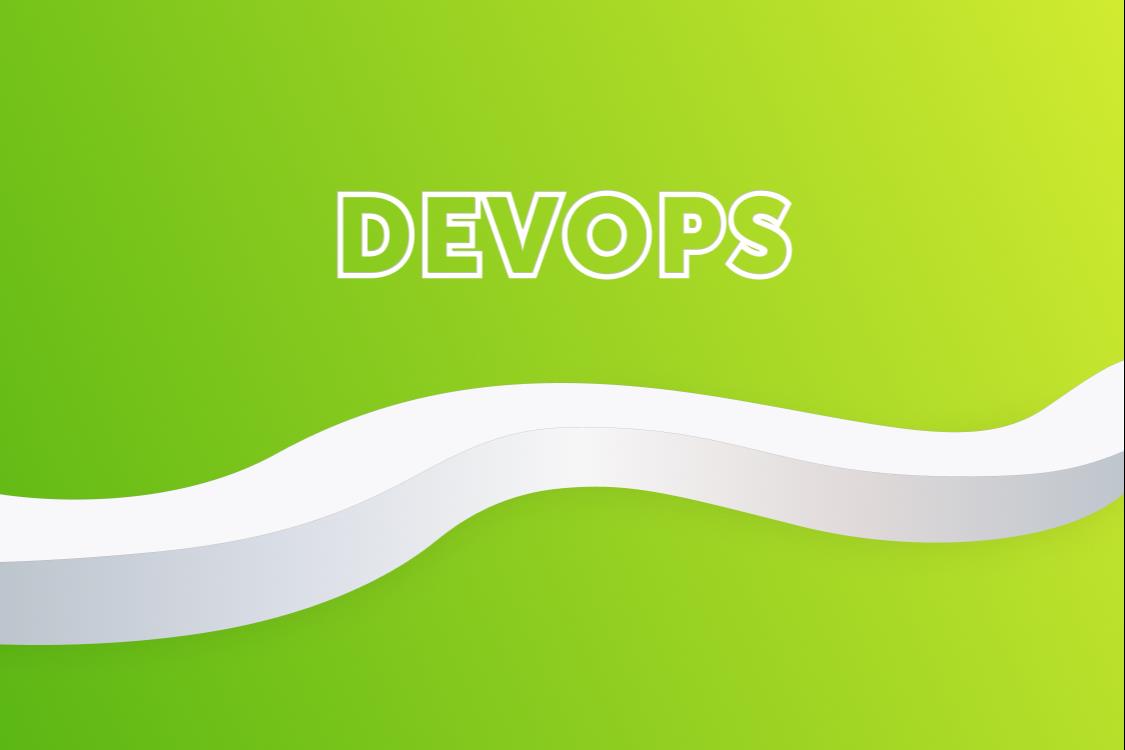“A skilled manager can be equally productive managing an IT project, a supermarket, or construction. Some of my colleagues are good examples of that,” says Polina Prykhodko, Project Manager at EPAM. We asked Polina to describe her duties, her typical workday as an IT project manager, and the demands currently placed on PMs.
Who are Project Managers or PMs?
As the profession's name implies, it is a person who manages a project, although this definition may seem somewhat primitive. For our purposes, we will focus primarily on managers of IT projects; however, experience has shown that a skilled manager is just as effective in managing an IT project, a supermarket, or even in construction. I can think of a few examples, even among my colleagues. The responsibilities of a project manager can vary depending on the project specifics and may also differ between companies and even within the same organization.
What exactly does a PM do on a project?
I’ll explain PM duties using a typical daily schedule of a manager supervising one project as an example:
1. Checking and, if necessary, responding to emails and messages.
The manager usually begins work before the development earlier than the development team, sometimes by a few hours. My workday usually starts at 08:30-09:00 in the morning, and during that first hour, I complete tasks that require concentration. At 10:00 a.m., my team starts their workday, and questions and requests start rolling in. Consequently, I spend a lot of time on communication, often unplanned.
2. Scheduling new online meetings for the day and adjusting my and the team's schedule.
I follow the rule of no more than three meetings per day, with two allocated for the team and project-related matters. I have work to do, deadlines to meet, and the number of meetings (or calls in IT jargon) I attend directly affects my productivity. I am sure, many of you have had days when your calendar was so jam-packed, it was impossible to squeeze in fifteen minutes for coffee. Imagine the developers in this situation: they will not have time to do the work physically. To overcome this, I suggest using the ROAM (Resolved-Owned-Accepted-Mitigated) approach. Find your way, even if it seems unconventional. Who knows, you could be the next visionary to develop a groundbreaking manifesto that will benefit projects worldwide.
3. Daily meeting with the team
During this meeting, we cover the tasks we accomplished yesterday, the plan for today, the blockers, and how to overcome them. If there are no blockers, it doesn't necessarily mean they won't appear tomorrow. Stay mentally prepared for this.
4. Monitoring tasks and their progress.
5. Preparing for the upcoming meetings: drawing up a plan, points for discussion, and sending the agenda to the participants.
6. Holding a meeting with the client, after which you prepare and send the meeting follow-up and set the date and time of the next one.
7. Planning or conducting refinement, pre-demo / demo, retro, etc.
8. Updating documentation and research of project metrics, planning current tasks, and familiarizing with new ones.
9. Checking email and messengers to modify plans for the next day.
Since we often work with foreign customers, meetings can take place either in the evening or early morning. There are no geographical borders in IT, which is a plus, but there are also no time zones.
What are the requirements for a PM (from my current experience)?
► Understanding of Agile principles and hands-on experience with its frameworks.
- Scrum: how to implement and customize it to your needs. It is arguably the most popular framework effective for solving typical and uncommon tasks.
- Kanban and Scrum: the fundamental difference between them.
- TDD (BDD), Lean and extreme programming.
► Ability to navigate project metrics: capacity, velocity, etc.
► Understanding the following concepts:
- SMART for tasks and INVEST for completed projects and user stories;
- DoD, DoR;
- Acceptance Criteria;
- Quality Gates;
- Story Points, why they are useful and how to use them productively;
- the focus factor and how to calculate it.
If you dig deeper, you will find a lot more topics. Seek, and you shall find, as they say.
► Understanding risk models.
► Experience in conflict prevention and resolution.
► Soft skills.
► Fluent English.
► Deep understanding of the main domain.
You need to provide real-life examples to back up your experience. It is something that matters, seeing both employees and companies usually have multiple domains.
What should you do to become a true PM?
Much has been said and written about what a project manager should be. But unfortunately, there is no fail-safe way — there is a possibility that, at some point, you might think of yourself as a "false" manager. Now, there is nothing to be afraid of!
- At different stages of your professional career, you will also be different. Don't hesitate to experiment with new things and approach your conclusions from different angles; that way you'll better grasp your work's positive and negative aspects over time.
- Mull your actions over and consider the consequences beforehand. This way, you'll better understand your project and team. Find your way, try new things, and don't be afraid to experiment.
- Do not put off starting your IT career. Begin with simpler IT specializations; that’s how you gain your first experience. Of course, it would be ideal if, alongside your work, you could work with an experienced mentor, take extra courses to deepen your understanding of the field and delve into specific aspects of the profession.
In just one year, I went from being a support-help-fix-it-set-up manager 😊 to having my own project and working with a team of five developers. Although challenging, it proved to be highly productive.
Respect and appreciate your project and team — your work will become engaging, significant, and beneficial! And don't forget to follow EPAM University Project Management programs — sign up for open programs or subscribe to get email notifications.








